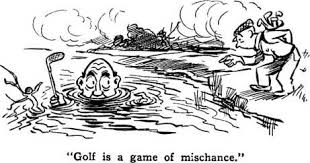
记忆方法
记忆“mischance”可以通过将“mis”与“chance”结合起来。想象“mis”是“not”的意思,即否定,而“chance”代表机会。所以,“mischance”就是“not a chance”,即不是机会,表示不幸或坏运气。
以上内容由AI生成, 仅供参考和借鉴
中文词源
mischance 不幸,厄运
mis-,坏的,错的,不好的,chance,运气。
英语词源
- mischance (n.)
- c. 1300, from Old French mescheance "misfortune, mishap, accident; wickedness, malice," from Vulgar Latin *minuscadentiam; see mis- (2) + chance (n.). Now usually "bad luck;" formerly much stronger: "calamity, disaster."
- mischance (v.)
- 1540s, from mis- (1) + chance (v.). Related: Mischanced; mischancing.
权威例句
- 1. A series of mischance happened.
- 一连串不幸的事发生了.
- 2. I lost your file by pure mischance.
- 我把你的文件丢了,纯粹是碰上倒霉事了.
- 3. It's an infernal mischance; I've done my best to discourage it.
- 这真是倒楣透顶的事; 我尽量地泼冷水.
- 4. Their intrusion, though baffling and terrible , is not a random mischance.
- 他们的闯入, 虽然使人惊疑不定,却并不是飞来横祸.
- 5. Only a serious mischance will prevent him from arriving tomorrow.
- 只有碰上极倒霉的意外变故,他明天才会来不了.